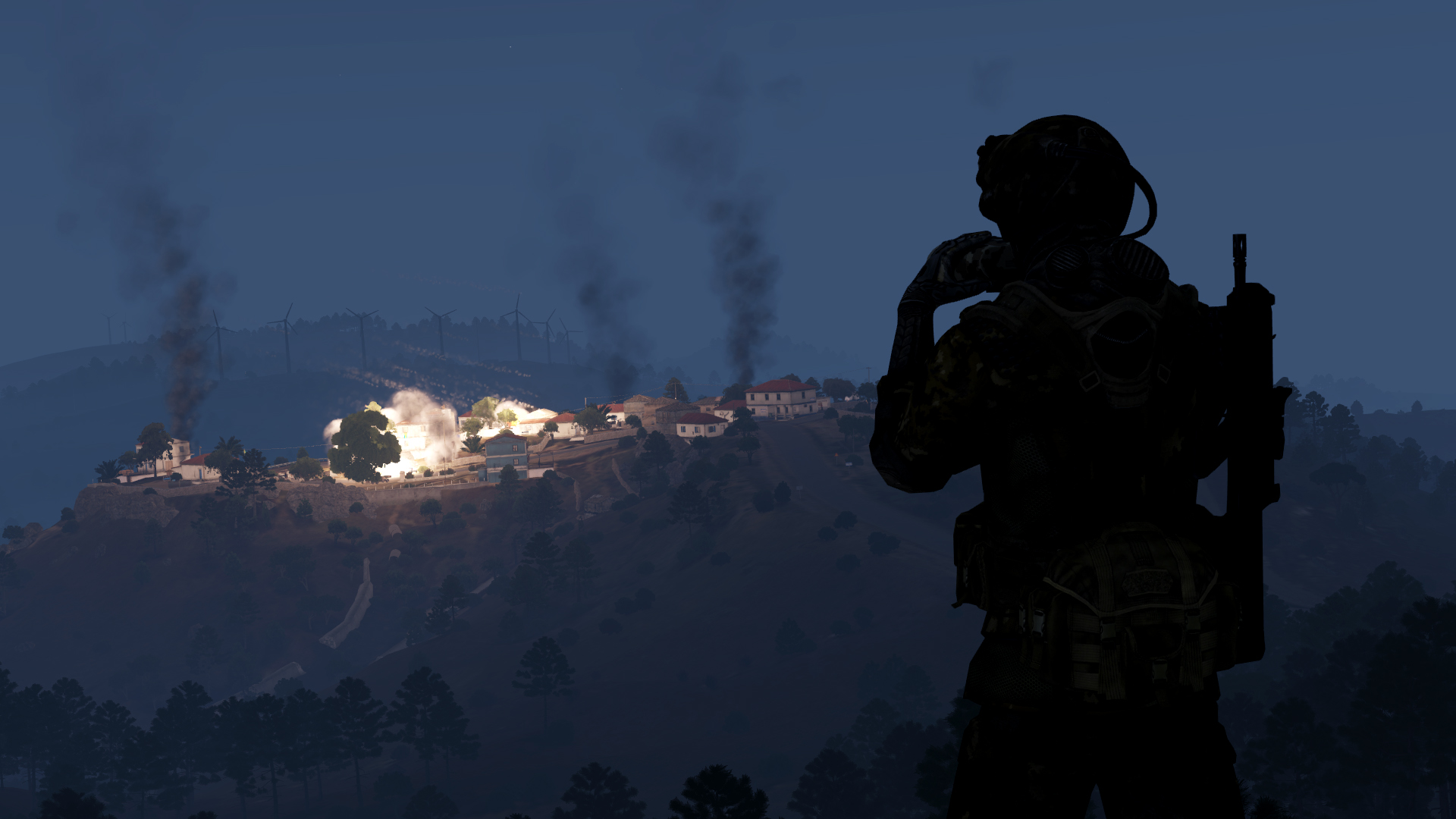The laws of war, also known as international humanitarian law, have been established to regulate armed conflicts and protect the rights and well-being of individuals during times of war. These laws set clear guidelines on the treatment of civilians, prisoners of war, and combatants. When states or nations violate these laws, there are legal consequences and accountability measures in place to address their actions. In this article, we will explore the legal implications and consequences for states that violate the laws of war.

Laws of War and International Humanitarian Law
The laws of war are a collection of international legal rules and principles that govern the conduct of armed conflicts. These laws are designed to strike a balance between military necessity and humanity, emphasizing the protection of civilians, the prohibition of unnecessary suffering, and respect for fundamental human rights. Key components of these laws include:
- Distinction: Distinguishing between combatants and civilians and ensuring that only combatants are target.
- Proportionality: Ensuring that the military advantage gained from an attack is not outweigh by the harm cause to civilians or civilian property.
- Precaution: Taking all feasible precautions to minimize harm to civilians and civilian objects.
- Prohibition of Inhuman Treatment: Ensuring humane treatment of all persons in the custody or under the control of a party to the conflict.
Violations of the Laws of War
When a state, in the context of an armed conflict, violates the laws of war, it can involve actions such as:
- Targeting Civilians: Deliberately targeting civilians or using tactics that result in disproportionate civilian casualties.
- Attacks on Protected Sites: Attacking protected sites like hospitals, schools, and cultural heritage sites.
- Use of Prohibited Weapons: Employing weapons prohibited by international treaties, such as chemical or biological weapons.
- Inhumane Treatment of Prisoners: Torturing or abusing prisoners of war or civilians in custody.
- Use of Human Shields: Placing civilians in harm’s way to deter enemy attacks.
- Indiscriminate Attacks: Launching attacks without distinguishing between military targets and civilians.
Legal Consequences for States Violating the Laws of War
States that violate the laws of war may face several legal consequences and accountability measures, which can vary depending on the circumstances and the seriousness of the violations:
- International Criminal Court (ICC): The International Criminal Court is a permanent international tribunal establish to prosecute individuals for the most serious crimes of international concern, including war crimes. The ICC can prosecute individuals responsible for violations of the laws of war.
- International Tribunals: Specialized international tribunals, such as the International Criminal Tribunal for the former Yugoslavia (ICTY) and the International Criminal Tribunal for Rwanda (ICTR), have been establish to prosecute individuals for war crimes commit during specific conflicts.
- National Prosecutions: States may choose to prosecute individuals responsible for war crimes in their national courts, often based on universal jurisdiction principles.
- Reparations: States may require to provide reparations to victims of war crimes, which can include compensation, restitution, and rehabilitation.
- Sanctions: The international community may impose sanctions on states that commit war crimes, affecting their trade, diplomatic relations, and financial resources.
- Peace and Reconciliation: In some cases, states may require to engage in peace negotiations, reconciliation efforts, and truth commissions to address the consequences of war crimes.
Notable Cases of Legal Consequences
Several notable cases have highlighted the legal consequences for states and individuals involved in violating the laws of war. For example:
- Nuremberg Trials: After World War II, the Nuremberg Trials prosecuted high-ranking Nazi officials for war crimes, crimes against humanity, and genocide. These trials established the principle that individuals, including heads of state, could be held criminally responsible for their actions.
- Yugoslav Wars: The ICTY was established to prosecute individuals responsible for war crimes commit during the Yugoslav Wars. Leaders and military officials from various parties to the conflict were indict and prosecute.
- Rwandan Genocide: The ICTR was establish to prosecute those responsible for the Rwandan genocide. It played a crucial role in holding individuals accountable for mass atrocities.
- International Response to the Syrian Civil War: The Syrian conflict has witnessed widespread violations of the laws of war. While accountability efforts have faced challenges, international pressure, sanctions, and documentation of violations continue.
Conclusion
The laws of war are a fundamental component of international humanitarian law design. To minimize the suffering and protect the rights of individuals during armed conflicts. When states violate these laws, there are legal consequences and accountability measures in place to address their actions. International and national courts, as well as other accountability mechanisms. Play a crucial role in holding individuals responsible for their actions. These legal consequences are essential for promoting justice, preventing future violations. And upholding the principles of humanity even in the most challenging circumstances of armed conflict.